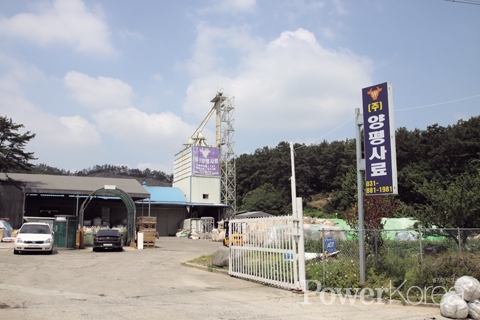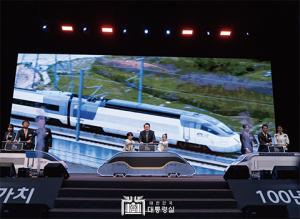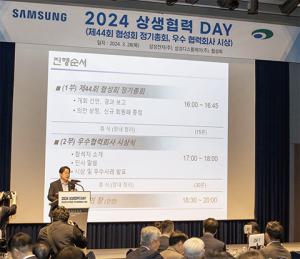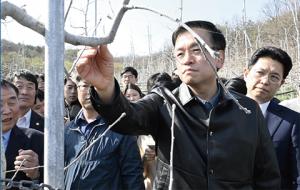 |
||
It has been a while Korean beef was overtaken by imported beef. 416,000 tons of beef was imported last year and it was record high. The Ministry of Agriculture, Food and Rural Affairs reported that more than half of the people surveyed said that they consumed imported beef last year.
Experts say that the imported beef is shifting from freezer to fridge and from ribs to dressed which are the two main reasons that stimulated the taste buds of Koreans. An official of an organization says that the imported will be reduced if the price of Korean beef goes down.
Another official in the industry, however, say against it with the reason that it will make Korean cattle farmers harder; instead, he argues to raise quality to compete with the imported. A question arose: where does this ‘quality’ come from? Some experts say it comes from quality fodder.
Years of expertise in quality fodder
“What makes Yangpeyong Saryo (fodder) stands out is the fact that the fodder goes through the fermentation process taken place in the stomach of beef cattle. In other words, the fodder maximizes the absorption rate” explains Sunghyeon Kim, CEO of Yangpyeong Saryo. Using the best fodder means producing the best beef. Yangpeyong Saryo started tests from 2009 and produced Total Mixed Ratio in 2012 followed by Total Mixed Fermented Ration. Kim emphasizes that Total Mixed Fermentation Ration helps digestion and provides protein, vitamins and minerals.
Apart from developing quality fodders, Yangpyeong Saryo pours its energy into securing and managing seed cattle as well as colleting biometrics. “Based on our accumulated tech, we provide training on how to farm cattle better, how to make quality beef and how to manage cattle business. Also, we are contributing to reducing the bad smell and the insects that occur during the cattle farming.”
As for the future plan, Kim says that he is working on establishing a distribution and sales corporation for cattle farmhouses around Hongcheong County and Yeoju City.
강진성 기자 wlstjdxp@naver.com







